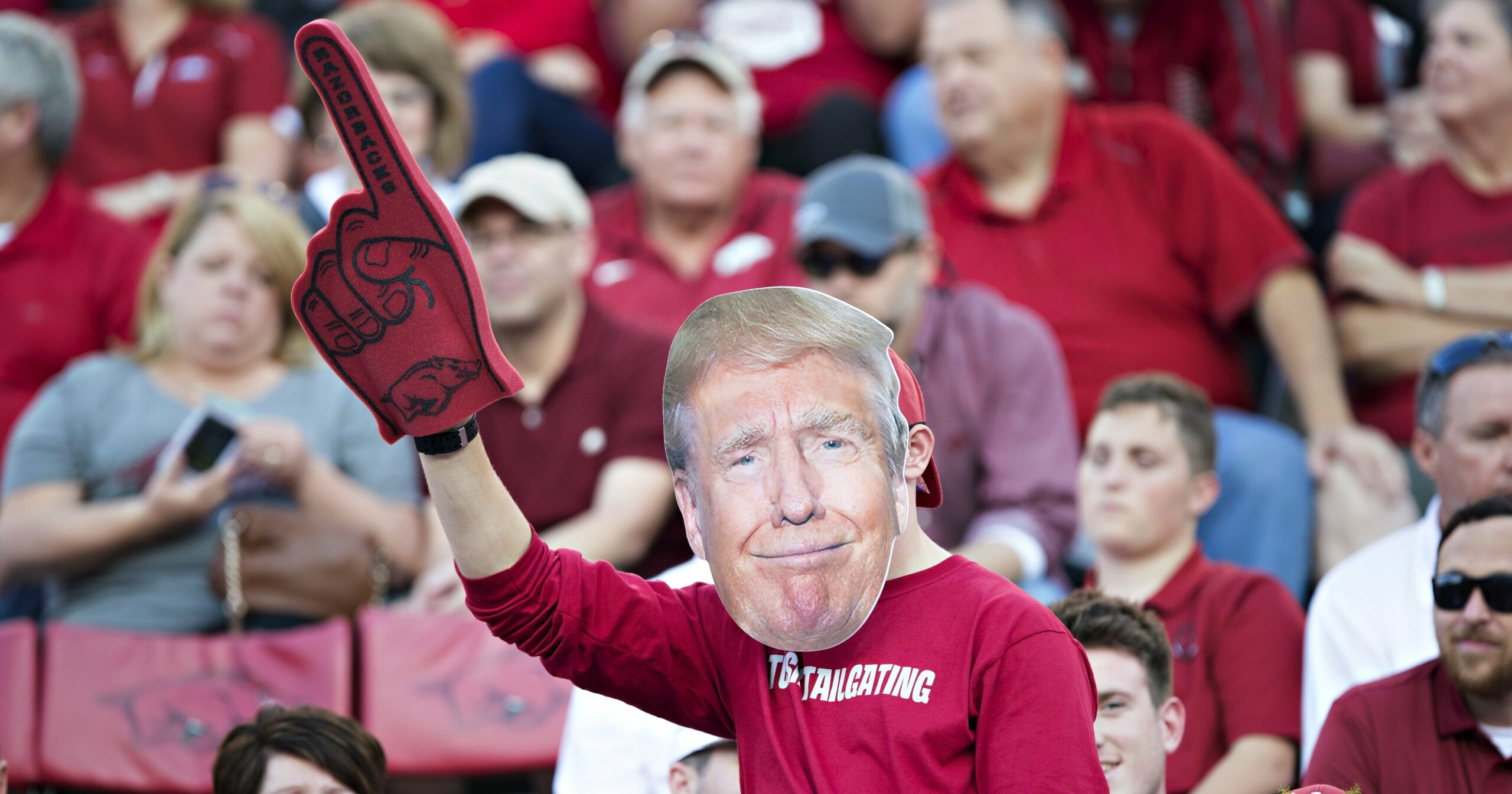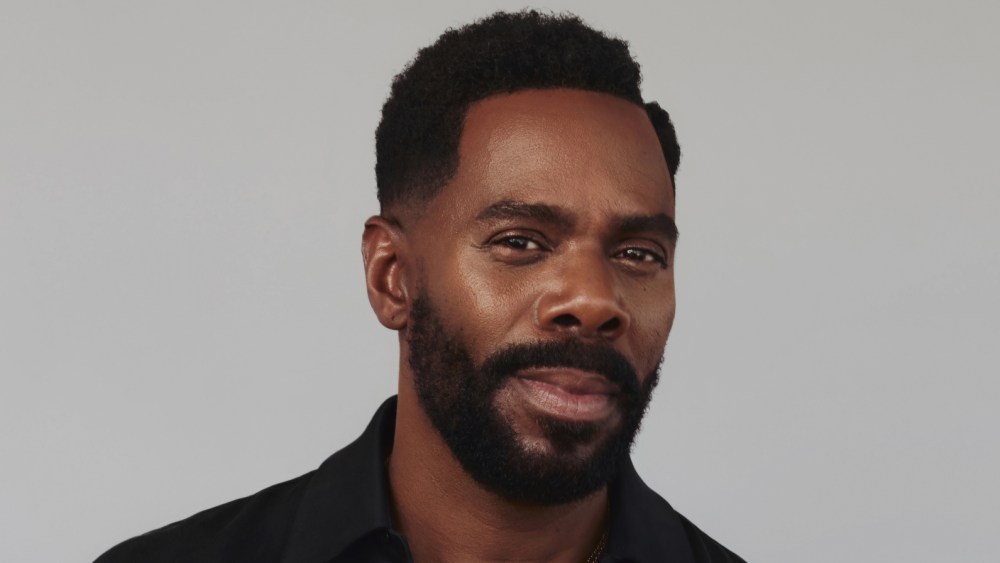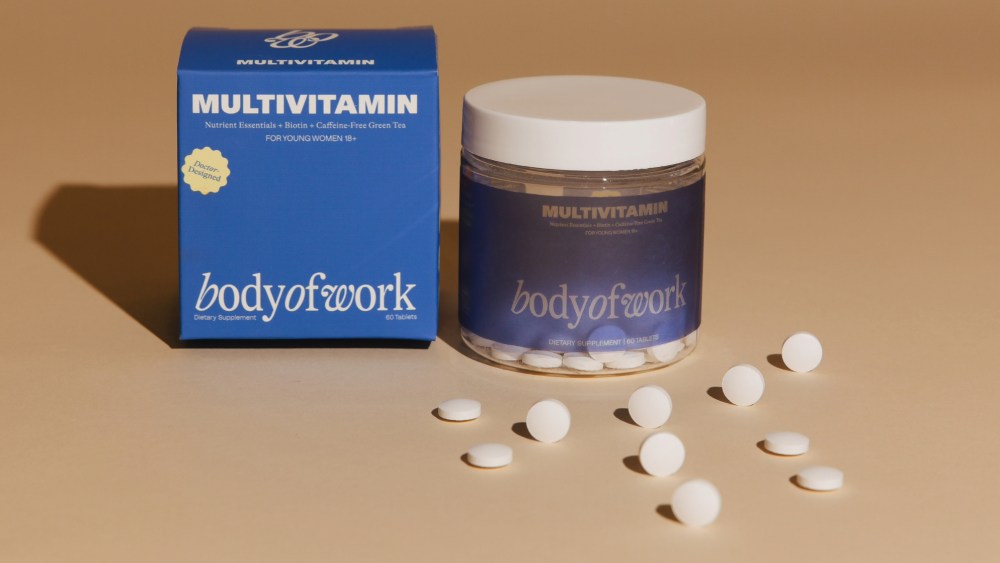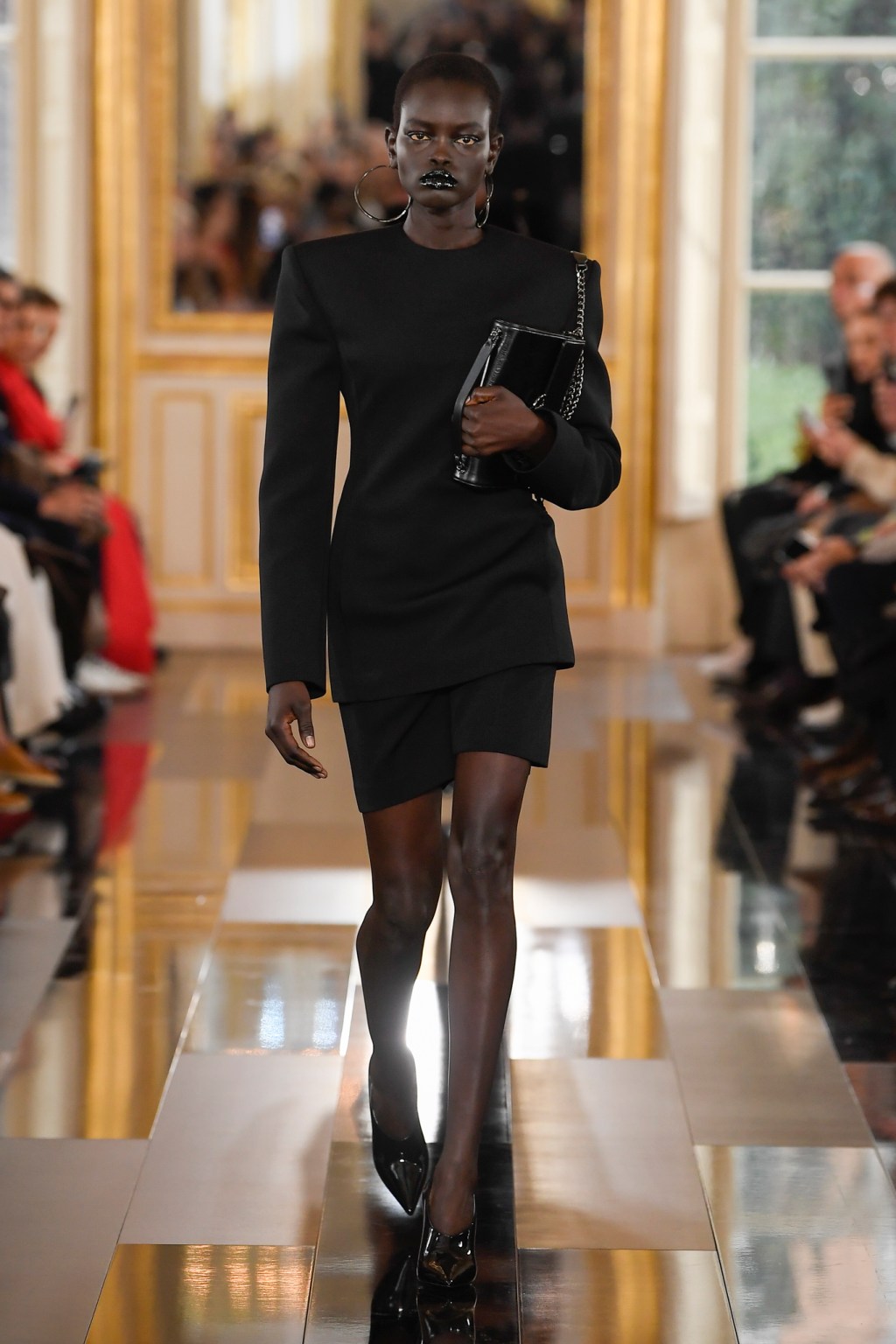Every day since Nov. 7, I’ve walked around, looking into the eyes of men, wondering: Did you do this? Did you vote for him? Are you happy Donald Trump is taking back power? It might be unfair, but it’s still my reaction months after the reelection of Trump, which felt like a declaration that rape, fraud, racism, corruption, and blasphemy are not just acceptable, but championed and embraced. Coupled with the growing gender gap between young men and women’s political leanings, I can’t help but feel wary of dating men right now – especially as Trump is inaugurated once again.
I’m changing my approach to dating straight, cis men in a post-Trump reality.
I would like to preface this by saying that I am, at my core, a hopeless romantic. I love love. I’m currently happily single but would eventually like to be in a long-term relationship. But actively dating or not, I felt this election was personal: an intentional betrayal of the safety, needs, and rights of women, along with many other marginalized groups. It is scary to know that so many of my peers – young men specifically who shifted sharply toward supporting him in this election cycle – opted to elect a figure who is the antithesis of everything I believe in.
The election and inauguration are flashpoints that reveal just how pervasive and enticing the patriarchy still is, how deeply it runs. And that’s why I’m changing my approach to dating straight, cis men in a post-Trump reality.
It feels like a dangerous time to exist, let alone date, as a woman. The blatant misogyny embodied by Trump has become more acceptable among young men because it removed any shame about holding these beliefs. Whatever offensive opinions were tamped down during the Women’s March and Me Too eras have returned with a vengeance since the last election cycle, and recent interactions have revealed to me that racism, misogyny, and ignorance in “progressive” cities like New York, where I live, are just as prevalent as they are in red states.
Earlier this year, for example, I had a crush on someone I worked with who was a born-and-raised New Yorker and an actor. I assumed we were in the clear when it came to politics, but his true nature started revealing itself when he told me that he broke up with his last girlfriend because he didn’t want to be having sex with “some old ass pussy.” It reminded me of Trump’s infamous remark “grab her by the pussy” and exemplified to me in real time the president-elect’s impact on normalizing vulgar, sexist language, which I fear will only grow worse in the coming months.
Another big fear comes from not knowing what the eligible men out there really believe. Recently, I learned that the man I had a crush on last year was a Trump supporter, which is something he never expressed in my presence. Men my age may know that many women our age don’t accept that behavior. (After all, young women in swing states favored Kamala Harris in this latest election.) It disturbs me to know that there is something of a code of silence or selective hearing that happens among some groups of men. It’s worse than being an outright misogynist; it creates a false safety net when that type of man tells women what he thinks they want to hear.
For me, that trauma runs deep. One ex-boyfriend eventually revealed himself last spring when I was complaining about sexual harassment in the restaurant industry. He responded that I needed to “find a new bit,” as my feminist beliefs were “cringey and so 2016.” I am recounting these stories now not to call out these individuals, but to draw attention to the visible shift in how men think about and talk to women – which I argue has been emboldened by Trump.
Dating is always slightly perilous – love is always a risk – but I hate that it’s normal for 20-something women like me to feel looked down upon, objectified, and made to feel powerless. And when I’ve tried to have honest conversations about this with men (family members, colleagues, and acquaintances) throughout the election cycle, I’ve felt incredibly alone and misunderstood. When I’ve talked about my dismay with the “her body, my choice” movement or how difficult it is to date with politics in question, it’s often met with jokes and laughter, dismissed as being “dramatic” – not a dissimilar reaction to how Trump and his cohort respond to these concerns.
It’s a form of power, a way of taking back our bodies, which are constantly feasted upon by the male gaze.
How much can women take? Before we just give up? Before we lose hope? Such is the dilemma exemplified by the 4B movement, which started in South Korea and has women essentially swearing off men completely. While I don’t plan on going to this extreme, I completely see the appeal. In a world where so much of our leverage with men is in our sexuality, the one thing we have control over is how much of ourselves we give away, or don’t. It’s a form of power, a way of taking back our bodies, which are constantly feasted upon by the male gaze. Sometimes it feels like the only power we have left, to withhold ourselves and our bodies from men like it’s some kind of punishment.
Frankly, I am terrified I will never meet someone who sees me and loves me and understands me, or at least tries really hard to. I want that type of love more than anything, but nowadays it seems further away than ever. But I’m also unwilling to give up hope. As these feelings have lingered inside of me for months, I’ve de-centered dating from my life, as have several of my close friends. While I will always be a hopeless romantic, the hurt, anger, and frustration I have felt regarding the election and many young men’s reaction to it drove me to a point where I knew I needed to take a step back.
When I am ready to dive headfirst into dating again, I’ll do things differently. While bringing up politics on a first date can feel heavy, dropping an occasional half-joking sentiment about the state of the world and gauging their reaction can be a good indicator about where they stand.
And whether it’s the first date or the fifth, if the conversation steers in the direction of politics, I think transparency is the best route. In the past, I have sometimes downplayed my beliefs to make myself seem more palatable to whom I perceive the other person to be – which has benefited no one. It can be hard to stand up for yourself, but something I remind myself is to never let someone make you feel ashamed of who you are or what you believe. And ultimately, if you’re not aligned on core issues like women’s rights, you’re probably going to have much bigger problems down the road.
But for now, I’m mostly reprioritizing myself. With an administration that wants to strip away my rights taking power, I’m protecting my own peace. I’ve poured myself into my work and hobbies, things that bring me joy, and have made concerted efforts to deepen and celebrate my friendships, specifically with women. Having such a strong community of people that I respect and trust, and vice versa, has restored a lot of my hope and faith in humanity. Sometimes in order to move forward, you have to take a step back. When dating does feel like a priority for me again, it will be pursued with a healthier mindset and security in who I am and what I am looking for in a partner.
Abby Balter is a culture writer based in New York City. Abby is passionate about covering everything from politics and social justice to sex and relationships to the fashion and art landscape. Abby’s work has been featured in PS, Boston Common Magazine, the Cambridge Chronicle, and more.




